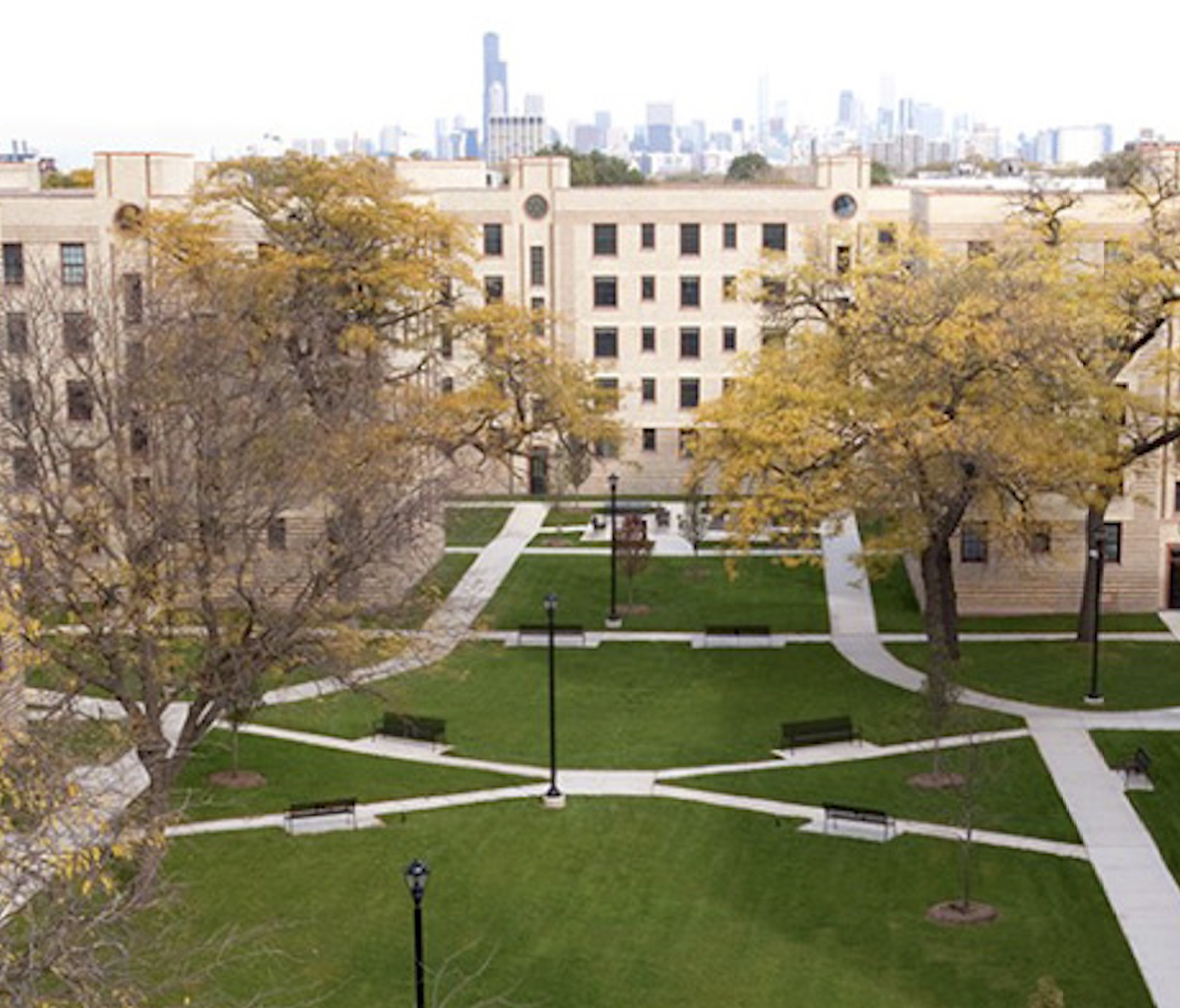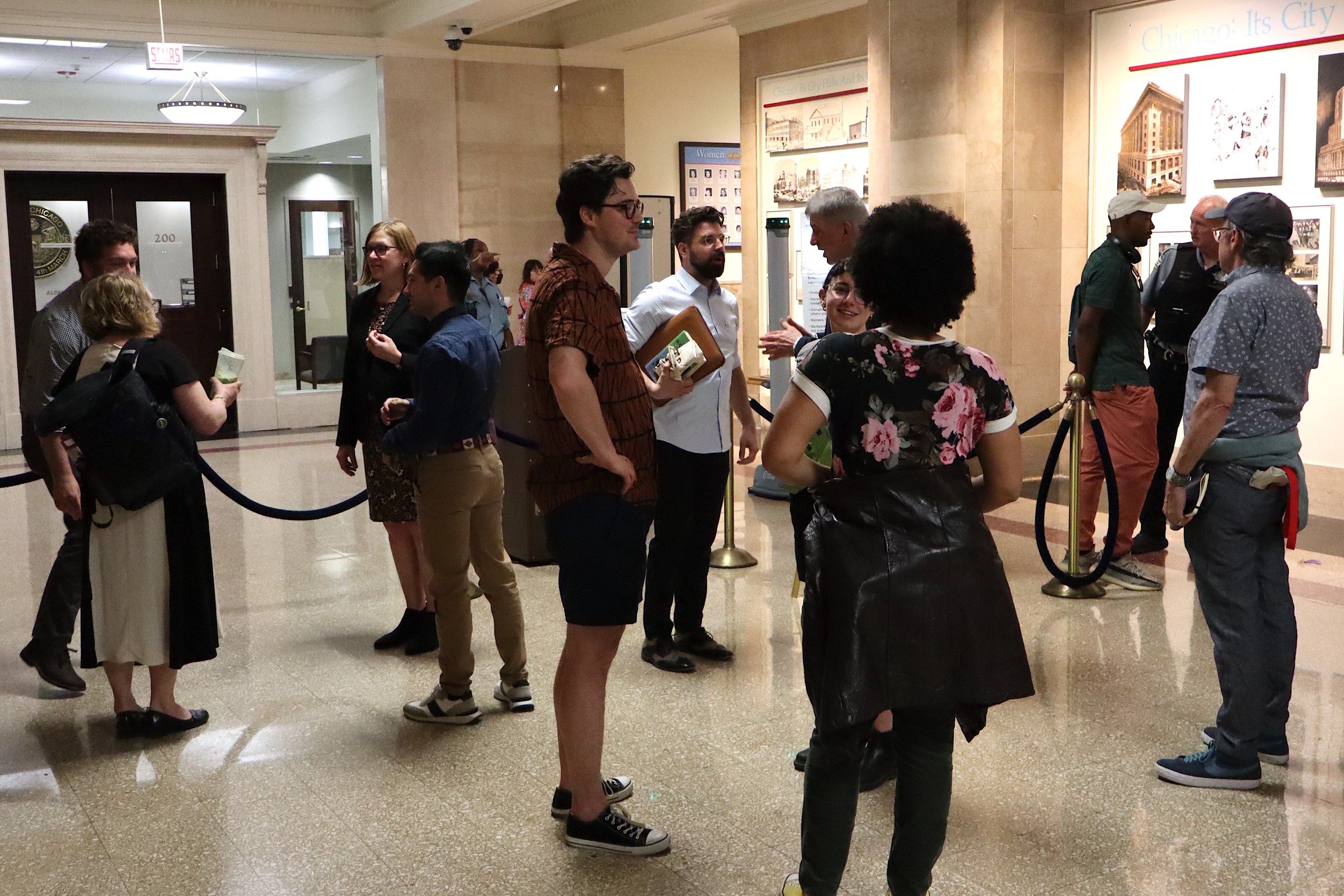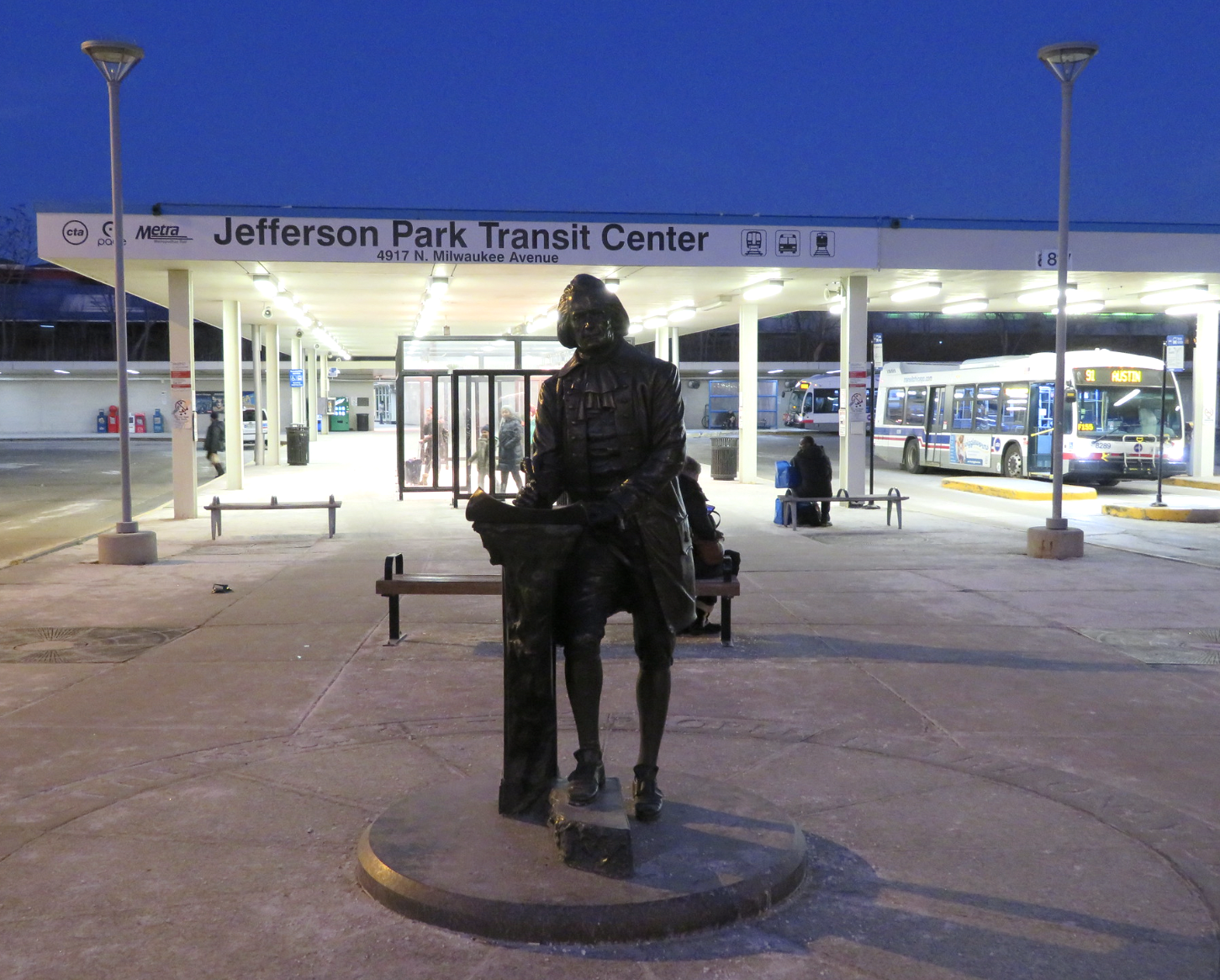Mayor Lori Lightfoot’s recently passed budget includes important investments to address Chicago’s homelessness and affordable housing challenges. But the real fight will come next year, when a surge of federal COVID-19 stimulus funding disappears, and the city will face hard choices about what can and can’t be sustained. Those choices usually pit fiscal worries against the moral imperatives of building an equitable city. But when it comes to housing, those priorities aren’t actually in conflict. Efforts to address homelessness and affordable housing directly often cost less than leaving Chicagoans in the cold.
First, let’s give credit where it’s due. The budget includes some important steps to address the city’s housing crisis with $202 million to combat homelessness, including funding for rapid rehousing, permanent supportive housing, services for survivors of domestic violence, and wrap-around supports. The budget also includes $635 million in support for affordable housing, which the mayor’s office expects will create or preserve more than 4,000 affordable units. These investments are possible in part due to the $1.9 billion in funding the city received from the federal government’s American Rescue Plan stimulus package. But almost all that money is being used to support this year’s budget ($152 million is saved for 2023). That raises a big question: what happens when the federal money runs out?
Homelessness advocates, progressive alders, and fiscal watchdogs are all worried about what happens next. Advocates for those facing homelessness, including the Chicago Coalition for the Homeless have celebrated the additional funding but worry that without long-term funding sources, the temporary surge in resources will quickly disappear. Progressive City Council members have pushed for long-term dedicated affordable housing funding via a real estate transfer tax. And the Chicago Civic Federation, a fiscal watchdog, has endorsed the budget, but expressed concern about the long-term sustainability of the city’s finances. But while the debate over these programs revolves around questions of fiscal sustainability, investments that address our housing crisis have moral and financial benefits that far outweigh their budgetary costs.
We can’t afford to ignore our housing crisis
This story is clearest with programs serving unhoused people. Researchers have long documented that individuals experiencing homelessness are likely to incur significantly higher healthcare costs, interact more frequently with the criminal justice system, and require other publicly funded services (such as emergency shelter support). By providing decent housing to people who need it, cities and taxpayers can often save money overall. While outcomes depend on the specific program design, research from Los Angeles, Florida, and Baltimore demonstrates significant cost savings.
Local research tells a similar story. In a paper published in 2012, researchers analyzed a program to provide housing to homeless individuals with chronic health conditions at a Chicago-area hospital. They found that people receiving housing support were much more likely to benefit from outpatient healthcare treatment, such as clinic visits and mental health treatment. In addition to being good on their own terms, those improvements ended up cutting overall social services costs by more than $6,000 per year, as the price of providing housing was dwarfed by lower rates of hospitalization and incarceration.
A similar picture emerges when you look at efforts to prevent homelessness in the first place. Chicago’s homelessness prevention call center offers small grants to households at high risk of eviction. Researchers from Notre Dame and Stanford found that the program dramatically reduced the likelihood of eviction for at least two years after aid was provided. And on a per-person basis, they estimated that the program generated at least $10,000 of net cost savings and benefits per case of homelessness avoided.
Chicago can either fund investments to address its housing crisis directly, or bear the cost in higher emergency room bills, public safety expenses and emergency relief. It's a case of prevention being better than a cure. These challenges show up across the city, but are often clearest on transit. Absent efforts to provide decent housing, the CTA often functions as a shelter of last resort, and addressing safety and cleanliness issues is an important part of helping ridership rebound. As Streetsblog has noted previously, the only ethical and sustainable way to do so is by addressing the City’s linked mental health and homelessness crises.
And while the clearest research on cost-effectiveness focuses on homelessness, there are also significant economic benefits to creating and preserving affordable housing more generally. Families paying more than 30 percent of their income on housing are vulnerable to economic disruption and less able to support their surrounding communities. The costs of insufficient affordable housing include less support for children, longer commute times, and over the long run, lower economic growth. And these costs compound during times of crisis. As researchers from the Brookings Institute note: “Stable, decent-quality, affordable housing is also critical for communities and the overall economy. As the Great Recession showed, concentrations of foreclosed and vacant homes create negative spillovers across entire neighborhoods.”
More funding should also go with better management
Of course, investments only pay off if they’re managed effectively. It’s encouraging that some of these high-impact programs already exist in Chicago and can hopefully be scaled up. It’s also good that the City Council is establishing an additional oversight subcommittee to keep an eye on how the money is spent. And the city should explore complementary policies, like streamlined permitting policies, that lower the costs of producing new affordable units.
We should address Chicago’s housing crisis because it’s the right thing to do. Fortunately, this year’s ARPA funding buys important time for investments to begin to address long-running needs across the city. But next year’s budget will require tougher tradeoffs. Going forward, the mayor and City Council should remember that in addition to hurting Chicago’s most vulnerable residents, cuts to housing assistance can cost much more than they save.




